A Generation of Empathy: How TCU Is Transforming Dementia Care Through Simulation and Certification
Dementia isn’t a far-off concern for tomorrow’s healthcare professionals. It’s an urgent reality. One that demands not just knowledge—but empathy.
Posts about:
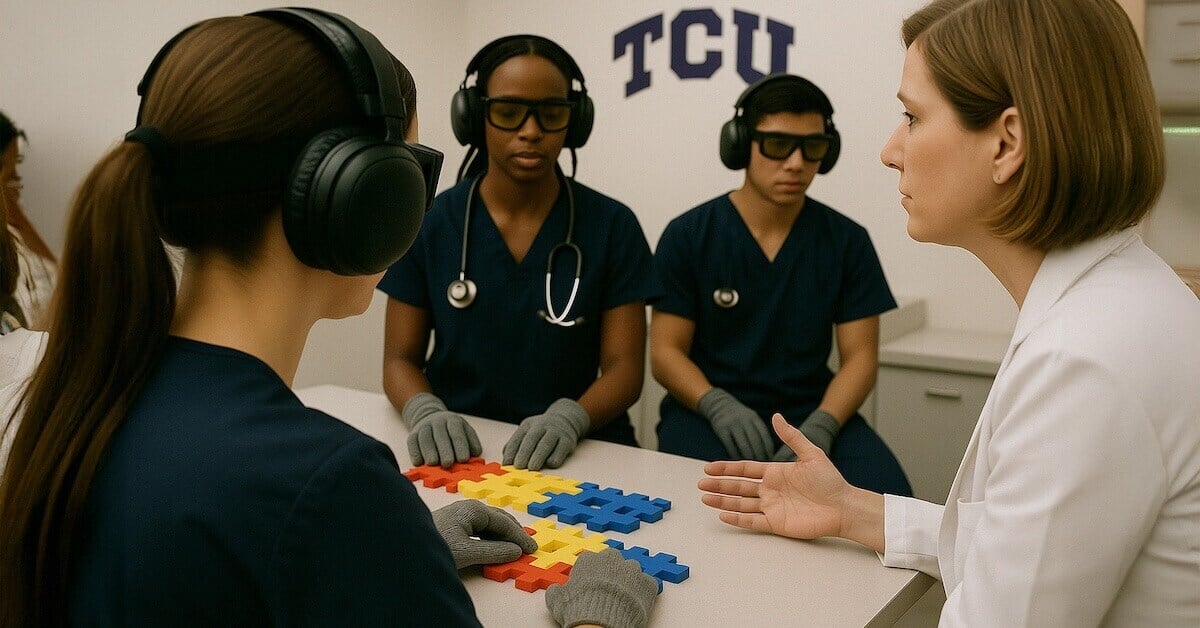
Dementia isn’t a far-off concern for tomorrow’s healthcare professionals. It’s an urgent reality. One that demands not just knowledge—but empathy.
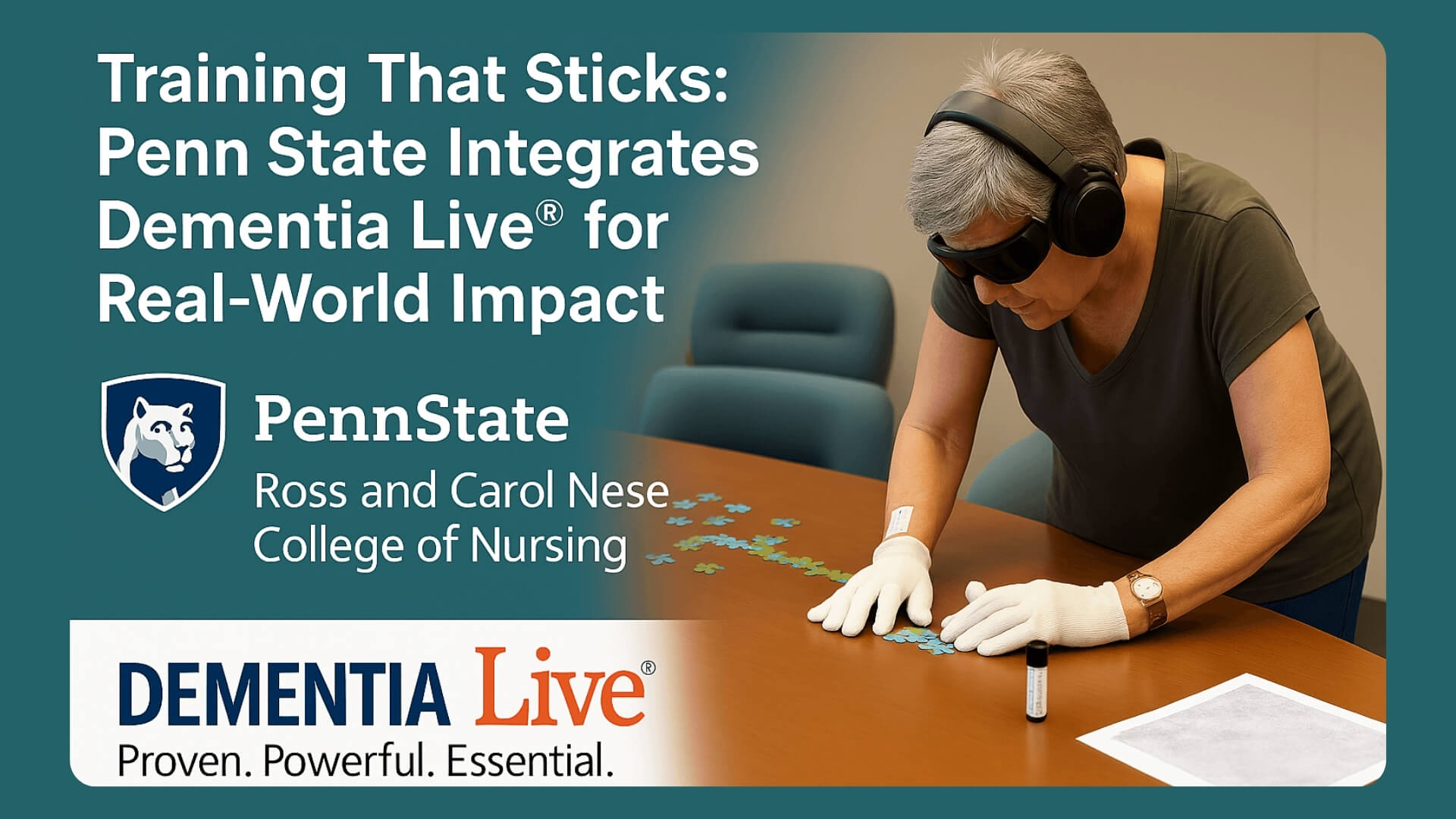
At the Penn State College of Nursing, empathy is being taught through experience.
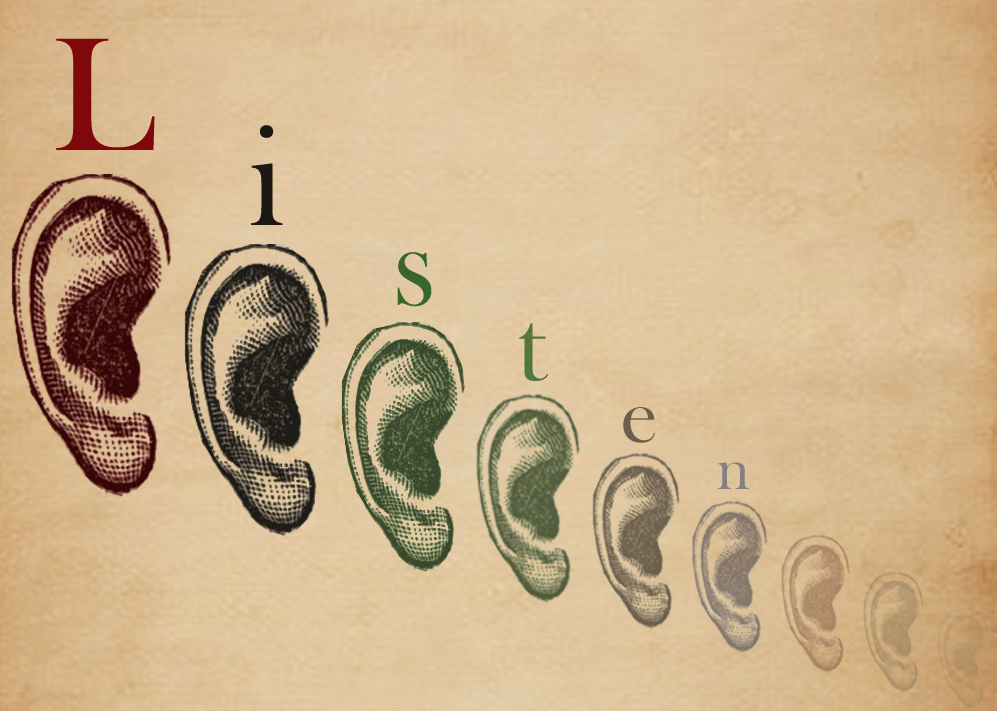
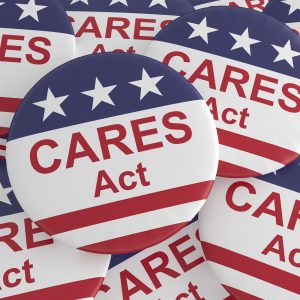 On March 27, 2020, the Coronavirus Aid, Relief, and Economic Security (CARES) Act was signed into law. The CARES Act grants totally $955 million will support older adults and people with disabilities in the community during the COVID-19 pandemic.
On March 27, 2020, the Coronavirus Aid, Relief, and Economic Security (CARES) Act was signed into law. The CARES Act grants totally $955 million will support older adults and people with disabilities in the community during the COVID-19 pandemic.
Organizations that will have access to this funding includes a network of community-based organization such as Area Agencies on Aging, Centers for Independent Living, senior centers, faith-based organizations and other community-based non-profit organizations that provide resources and services to help older adults and people living with disabilities stay healthy and live independently. $100 million is earmarked for the National Family Caregiver Support Program to help expand services that aid families and information for caregivers who are providing support for their loved ones at home.

On the brink of a new decade, I contemplate what the next ten years will look like for the aging services industry. Reflecting on the past provides me some hope for the future. In some respects, we have come a long way. By the same token, we should maintain a future focus and continue to develop more strategies that support the quality of living of frail elders.
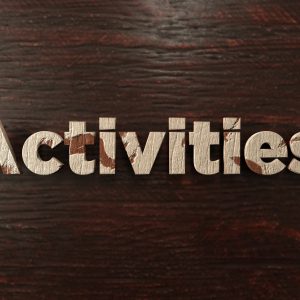
I am humbled and honored to work with such amazing and talented people. As a trainer, I believe we learn as much from those we are training as they learn from us. We are all practicing when it comes to dementia care. Every day is a new day and no matter where we fit into the spectrum, we all need each other to learn and grow. Let's talk about person-centered care practices.

Stress Reaction is a term being used more often to describe communication in persons living with dementia. Behavioral expression, too, is communication. In a growing number of circles, the term behavioral expression is being replaced by stress reaction simply because behaviors sometimes leans toward being a negative descriptive of how persons with dementia express unmet needs.